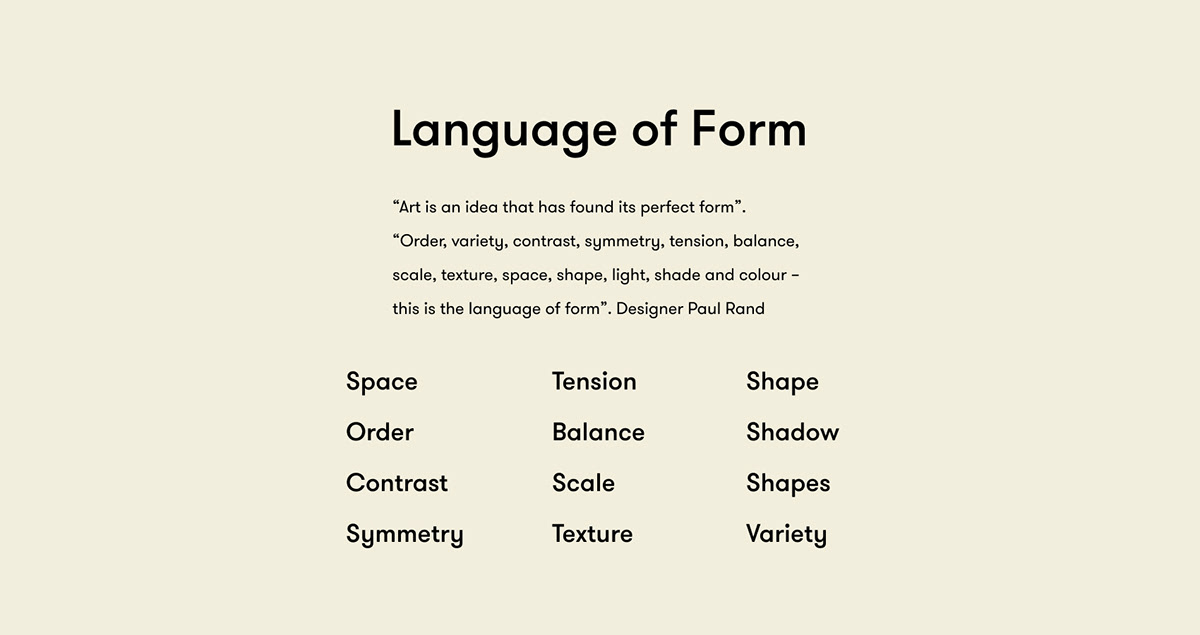
Delving into the multifaceted realm of sheet language meaning, this article unravels the literal and figurative nuances of this enigmatic term, examining its historical origins, contemporary usage, cultural implications, and ethical considerations.
Unveiling the depths of sheet language meaning, we embark on a journey through time, exploring its evolution from ancient origins to its modern-day significance, revealing the profound impact it has had on shaping societal norms and values.
Meaning of Sheet Language
The term “sheet language” has two distinct meanings, one literal and one figurative.
Literal Meaning:In its literal sense, “sheet language” refers to the language used to describe or create spreadsheets, a type of computer software used for organizing and manipulating data in tabular form.
Figurative Meaning:Metaphorically, “sheet language” is used to describe any language that is overly technical, dry, or bureaucratic, often lacking clarity and human touch.
Historical Context of Sheet Language

The term “sheet language” emerged in the early days of computing, when spreadsheets were first developed as a tool for financial and accounting professionals. The language used to create and manipulate spreadsheets was often complex and jargon-filled, making it difficult for non-experts to understand.
Over time, the term “sheet language” came to be used more broadly to describe any language that is overly technical or bureaucratic, even outside the context of spreadsheets.
Contemporary Usage of Sheet Language: Sheet Language Meaning
Today, “sheet language” is commonly used in various contexts, including:
- Technical documentation
- Legal contracts
- Government regulations
- Corporate policies
In these contexts, “sheet language” can create barriers to understanding and communication, making it difficult for non-experts to navigate complex information.
Cultural Implications of Sheet Language
“Sheet language” reflects societal norms and values that prioritize technical precision and bureaucratic formality over clarity and accessibility.
The use of “sheet language” can perpetuate power imbalances and exclude those who are not familiar with its jargon, reinforcing social hierarchies and limiting participation in decision-making processes.
Ethical Considerations of Sheet Language
The use of “sheet language” raises ethical concerns related to transparency, accountability, and inclusivity.
When important information is conveyed in “sheet language,” it can be difficult for the public to understand and scrutinize, potentially leading to mistrust and a lack of informed decision-making.
Additionally, the use of “sheet language” can exclude those who are not familiar with its technical jargon, limiting their access to information and participation in society.
Final Summary

In conclusion, sheet language meaning is a complex and multifaceted concept that has evolved over time, reflecting societal norms, values, and ethical considerations. Its usage continues to shape our interactions and understanding of the world around us, highlighting the power of language to convey both literal and figurative meanings.
FAQ Explained
What is the literal meaning of “sheet language”?
Sheet language refers to written or printed language, typically on a sheet of paper.
How has “sheet language” been used historically?
Historically, sheet language was used in official documents, manuscripts, and other written forms of communication.
In what contexts is “sheet language” commonly used today?
Today, sheet language is used in various contexts, including academic writing, legal documents, and official correspondence.





